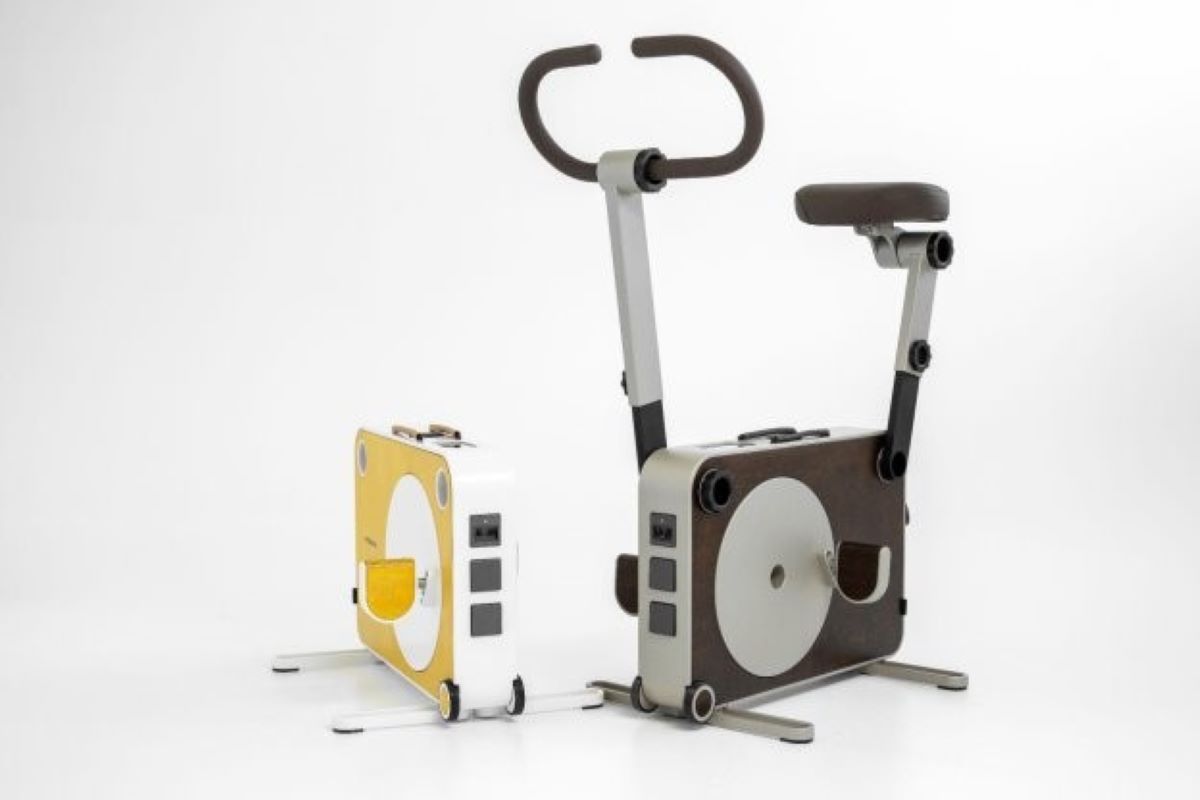Rising temperatures have crossed the critical 1.5°C threshold and are just one negative effect of global warming. An increasing number of extreme weather events are leaving millions without electricity every year, sometimes for days. In the future, such extreme weather events and consequent blackouts will affect even more people. Data from the International Energy Agency (IEA) shows that power outages are becoming more frequent, as well as more severe. Given these facts, it is becoming more prudent to invest in an alternative power source.
Diverse options to prepare for a power outage
From generators to uninterruptible power supplies (UPS) or even a power-generating exercise bike, there are many options to power a home in the event of a blackout. Every device has its pros and cons, and which one is the best depends on specific needs and available budget. Generators, for example, can provide enough energy to power all of a home’s appliances, but they are expensive and can cost thousands.
A more budget-friendly option may be portable generators. These can generate from a few to 10kWh of energy, which would be enough to cover basic needs, such as powering a fridge, lights, or router until electricity is restored. However, most portable generators emit pollutants that are harmful to human health and the environment. To avoid carbon monoxide poisoning, a generator must stay outside of the home, meaning that it might not be a good option for people living in an apartment. Generators also emit foul-smelling fumes and noise.
For those who prefer more sustainable solutions, solar generators would be a more suitable option. They are eco-friendly, safer and easier to maintain. The same can be said about UPS or backup battery systems. However, the UPS and backup battery systems have limitations in terms of battery life, and prolonged outages may exceed their battery capacities.
Generate electricity by pedalling
There is another eco-friendly solution that at first glance doesn’t look like a tool designed to assist during power outages. This is the exercise bike and power-storing device, HR Bank, which generates electricity by pedal power.
“Knowing that fossil fuels, the main cause of greenhouse gas emissions, still account for over 60% of total global electricity generation, it is important to use green energy, even in the event of a power outage. That’s why in the HR Bank we combined three different methods of storing green electricity,” says Aurelijus Jaškulis, the Co-Founder and COO of Tukas EV, a Lithuanian startup that created the device.
HR Bank has a 2kWh battery that in the event of a blackout can power home appliances. Only seven minutes of pedalling the device can generate enough electricity to charge a router for one hour while pedalling for 15 minutes is enough to fully charge a phone.
According to Aurelijus, a good illustration of how HR Bank could be used to produce electricity was a recent play in the Lithuanian National Drama Theatre, where two such devices were deployed to generate lighting for the entire 1.5 hour performance. Similarly, HR Bank can be utilised to generate lighting at home in the event of a blackout. The full battery of this device provides enough energy to keep lights on for a whole week or to microwave 100 meals.
Aurelijus stresses that power outages are just one of many ways how the HR Bank can be used. Since it is foldable, it can be taken to a camper, vacation home, or countryside house and charged with green energy or a car generator. Simultaneously, while the HR Bank is being pedalled or charged from an external source, it can also power any connected device, thus in total generating around 4-5kWh of electricity every day.
“Each person will experience the benefits of the HR Bank differently. Someone may use it to build a zero-emission home and power it with an HR Bank, or maybe a person will have a solar panel (portable, stationary, or other) on their balcony and will connect their HR Bank to a metropolitan apartment, and will be independent of the grid. In any case, the device can also be used in the event of a power outage,” says Aurelijus.



